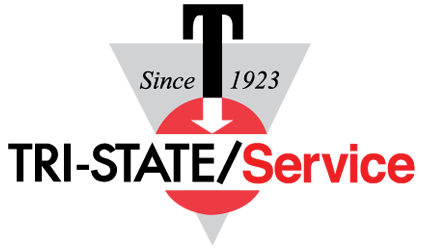
At Tri-State/Service Group, our work is performed by our own in-house professionals who are trained for both quality and safety.
On January 6, 2021 the U.S. Department of Labor (DOL) issued a final rule to clarify the standard for “employee” versus “independent contractor” status under the Fair Labor Standards Act (FLSA). The rule becomes effective six weeks from the day it was issued – March 8, 2021.
DOL published a Proposed Notice of Rulemaking on the issue in September, 2020, and considered comments from the public before issuing its final rule, which includes the following clarifications:
- Establishes an “economic reality” test for helping to determine whether an individual is economically dependent on a potential employer for work (an “employee” and not an “independent contractor” per the Fair Labor Standards Act).
- Identifies two “core factors” to help establish whether an individual is economically dependent on someone else’s business. Those factors are the nature and degree of control over the work, and the worker’s opportunity for profit or loss based on initiative and/or investment.
- Identifies three other factors that may serve as additional guideposts in the analysis:
– The amount of skill required for the work.
– The degree of permanence of the working relationship between the worker and the potential employer.
– Whether the work is part of an “integrated unit of production.” - Establishes that the “actual practice of the worker and the potential employer is more relevant than what may be contractually or theoretically possible.
In short, it will be much more difficult for an employer to use “subcontract labor” without meeting these clarifications. Even more important, it will be much more difficult – if not impossible – for an employer to exert any control over workers it claims are subcontract labor.
What does that mean for roofing or sheet metal work on your building? There are only two possibilities for contractors who use “subcontract labor.” One is that they control the work and do not allow the subcontractor the opportunity for profit or loss. In that case, they are in violation of the new rule. The other is that they follow the new “clarifications,” which means they cannot train the “subcontract labor”; they cannot make the “subcontract labor” adhere to a schedule; and they cannot supervise the “subcontract labor” to make sure the work is up to the contractor’s standards.
The choice they have is either to ignore the new rule and be subject to fines and other penalties, or to abide by the rule and give up the ability to exert proper control over the “subcontract labor.” Neither choice is good for the contractor – and certainly not the building owner.
When you hire Tri-State/Service Group for your roofing and sheet metal work, the people who work on your building will be our people. They will be trained in proper installation and in safety. They will be well paid, with a full range of benefits. They will be covered by workers compensation insurance. Their work will be supervised to be sure it meets our quality standards. And they will work for a company with nearly a century of experience.
Contact the office nearest you to discuss your roofing and sheet metal needs, and have the peace of mind that comes with working with true professionals.

